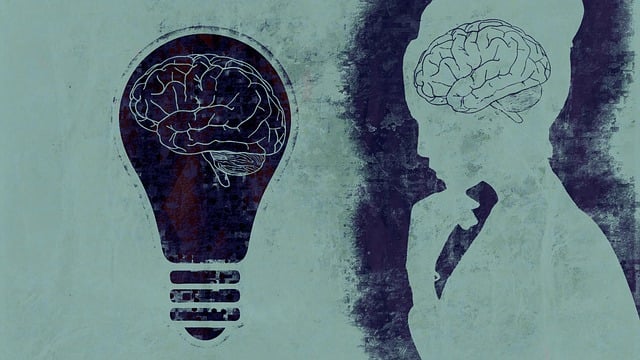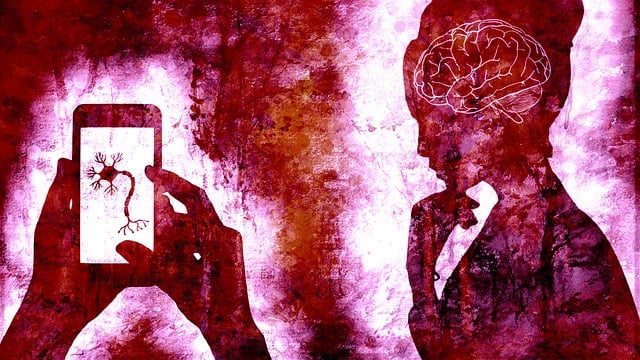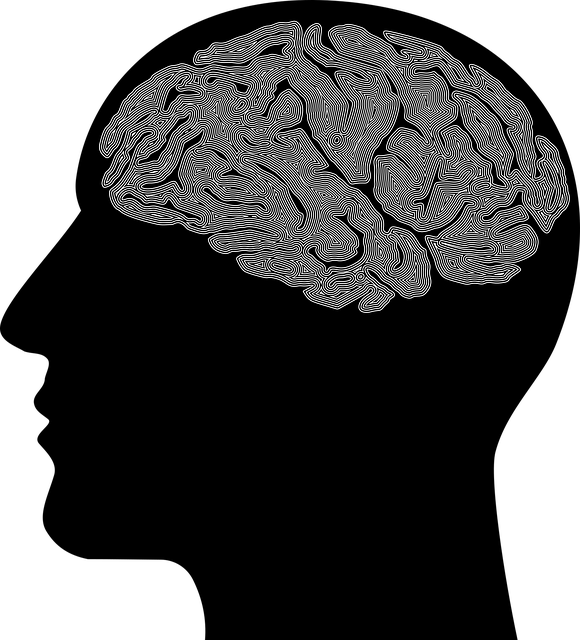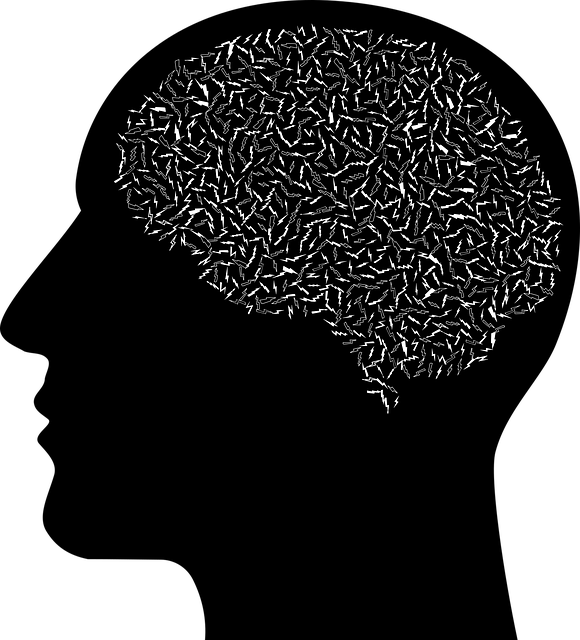Louisville Major Life Transitions Therapy (MLTT) focuses on addressing cultural barriers in mental healthcare, offering tailored support for diverse communities. Through specialized interventions and public awareness campaigns, MLTT creates inclusive spaces for open dialogue during major life transitions. Their training programs equip professionals with cultural competency skills, including communication, bias recognition, and tailored service delivery, to build trust and improve patient engagement. Interactive workshops, case studies, and feedback mechanisms ensure the effectiveness of these initiatives, enhancing healthcare outcomes and service quality.
In today’s diverse healthcare landscape, cultural competency is no longer an option but a necessity. Understanding and addressing cultural differences in patient care can significantly improve outcomes and build stronger relationships. This article explores the critical need for effective training programs, highlighting strategies from Louisville Major Life Transitions Therapy, which has successfully navigated cultural barriers to care. We’ll delve into implementing and evaluating these programs, offering valuable insights for healthcare providers aiming to enhance their cultural competency.
- Understanding Cultural Competency in Healthcare: A Need for Effective Training
- Louisville Major Life Transitions Therapy: Addressing Cultural Barriers to Care
- Implementing and Evaluating Cultural Competency Training Programs for Healthcare Providers
Understanding Cultural Competency in Healthcare: A Need for Effective Training

In the healthcare sector, cultural competency is an essential aspect that often determines the quality and effectiveness of patient care. It involves understanding and appreciating the diverse cultural backgrounds, beliefs, and practices of individuals seeking medical services. Louisville Major Life Transitions Therapy recognizes that patients’ cultural identities significantly influence their health-related behaviors, perceptions, and responses to treatment. Therefore, healthcare providers must be trained to deliver culturally sensitive care.
Effective training programs are crucial in preparing professionals to navigate the complex landscape of diverse communities. This includes learning how to communicate effectively with patients from different ethnic and cultural groups, recognizing and addressing unconscious biases, and providing tailored services that respect individual needs. A well-structured training program can equip healthcare workers with the skills to build trust, improve patient engagement, and ultimately enhance health outcomes. It also fosters a sense of inclusivity, ensuring that everyone receives respectful and competent care regardless of their cultural background. Such initiatives are essential, especially in a city like Louisville, where community outreach programs and trauma support services often cater to diverse populations with unique healthcare requirements.
Louisville Major Life Transitions Therapy: Addressing Cultural Barriers to Care

Louisville Major Life Transitions Therapy (MLTT) is a specialized service designed to address cultural barriers that often impede access to mental health care. In many communities, individuals from diverse ethnic and cultural backgrounds face unique challenges when seeking therapy. MLTT offers a tailored approach to support these populations by providing culturally sensitive interventions. By understanding the specific needs and beliefs of different cultures, therapists can create safe spaces that encourage open dialogue and facilitate effective coping skills development.
This therapeutic model goes beyond traditional practices by integrating public awareness campaigns that promote mental health literacy. Through education and increased visibility, MLTT aims to reduce stigma associated with seeking therapy, especially within marginalized communities. By focusing on anxiety relief as a key outcome, the program empowers individuals to navigate major life transitions while embracing their cultural identities.
Implementing and Evaluating Cultural Competency Training Programs for Healthcare Providers

Implementing cultural competency training is a vital step for healthcare providers to better serve diverse patient populations, including those experiencing major life transitions like those managed by Louisville Major Life Transitions Therapy. Well-designed programs should incorporate interactive workshops, case studies reflecting real-world scenarios, and opportunities for role-playing to enhance learning. These sessions can delve into essential topics such as understanding cultural beliefs and practices, communicating effectively across cultures, and applying conflict resolution techniques when navigating sensitive issues.
Evaluating the effectiveness of these training initiatives is crucial for ensuring their long-term impact. Organizations should adopt robust evaluation methods that include pre- and post-training assessments, feedback from participants, and observation during implementation. By incorporating these strategies, healthcare providers can gain valuable insights into patients’ backgrounds and tailor their approach accordingly. This continuous improvement process not only enhances patient care but also strengthens the overall quality of services provided by mental health education programs design and stress management workshops organization.
Cultural competency training is a game-changer in healthcare, as evidenced by Louisville Major Life Transitions Therapy’s successful strategies. By addressing cultural barriers to care, these programs enhance patient outcomes and create more inclusive environments. Implementing and evaluating such training is crucial for healthcare providers to navigate the diverse landscape of modern medicine effectively, ensuring every patient receives respect and quality care tailored to their unique cultural needs.














